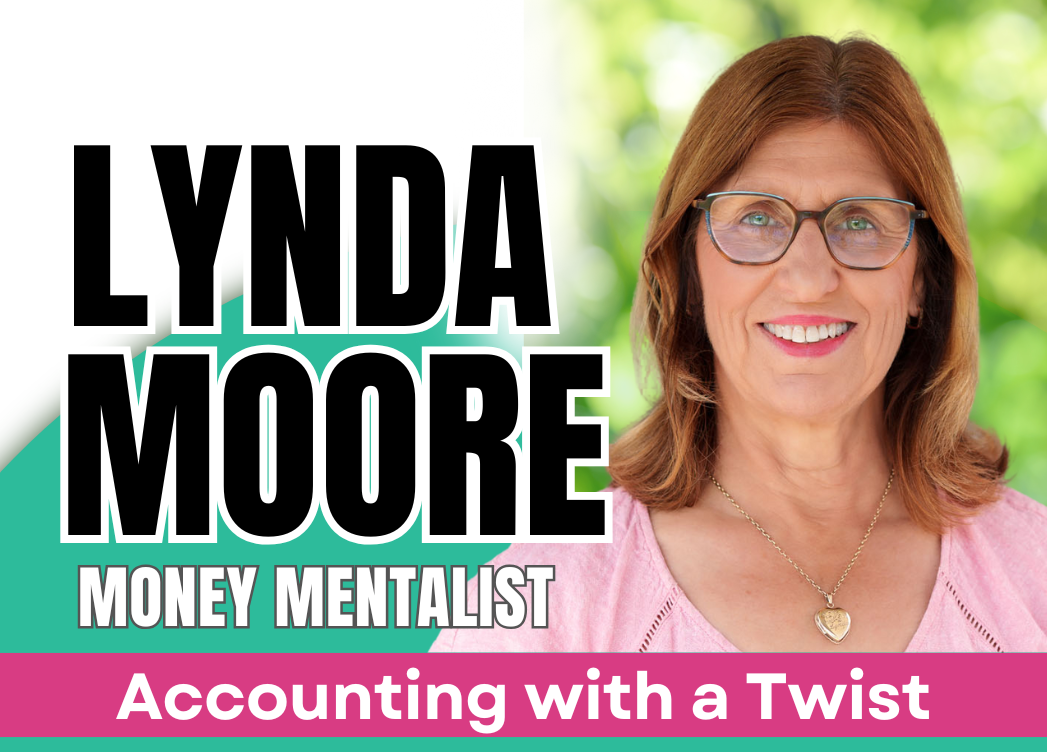
BEING FRUGAL – THE OTHER SIDE OF THE COIN
We are being told that frugal is the way to go. We are all tightening our belts, as the cost of living and servicing our mortgage (or rent) increases.
I’m not disagreeing with this as a strategy. But like everything there are two sides to the coin, and if we go too extreme, the coin flips and overdoing your frugality could work against you. Let’s explore how some extreme cost-cutting measures might be counterproductive when it comes to building wealth. Which even in tough times I like to keep front and centre in my mind.
My points below are working on the assumption that you are actively choosing to live this way; it’s not because you have to, due to your economic circumstances.
As a spender of money personality, I struggle with being frugal. My partner on the other hand is an extremely frugal person and he finds it very easy to live this way. So, when I was writing this article and we were talking about it, he really struggled to see any of these points as potentially counterproductive. There are two sides to our money personalities too.
1. Cutting costs a little too far
Spending less than we earn, is what we all should aim to do. However, there’s a fine line between being thrifty and excessively scrimping. For instance, opting for a less expensive living situation or doubling up with roommates can save money. But consider this: if your living situation hampers your comfort, your mental health, or your career prospects, it may not be worth the savings.
2. Endless price comparing
This drives me crazy! Now, I love a good bargain (many of us spenders do), saving on purchases is great. Hunting for the best deal can be addictive, and that’s fine up to a point. But, what about the time spent to secure these savings?
Time, as they say, is money. If you’re spending hours online or driving across town to shave off a few dollars here and there, you might want to rethink your priorities. Think of the opportunity costs.
What else could you do with that time? You could work on a side hustle, expand your professional network, or simply relax with loved ones. Sometimes, the pursuit of minor savings just isn’t worth the effort, and by the time you have decided on the best deal, it might be gone!
3. Skipping the fun stuff
I know we need to watch our entertainment spending, and I’m very conscious of how much I spend and how often I go out for coffee/wines or dinner. My frugal other half, however, would happily never leave the house for a meal, or a hot chocolate.
So, what are the potential unintended consequences of this one? Social interactions—like grabbing a coffee or sharing a meal—are important to make (and maintain) valuable connections and open up not only avenues for friendship but professional opportunities as well. These interactions can be very important for career development, and if like us, moving to a new town, it’s a good way to meet new people. In this context, investing in your social network might yield better returns than what you’d save by staying home.
4. Investing in yourself
I follow Darren Hardy, and I recall a post saying we should invest 10% of our income in our personal development. I have been reasonably consistent in doing this over the years.
Some on my investments have paid off, and others have been a complete waste of money. But either way, I have learned something new, or grown an existing skill. Consider the potential returns from investing in your own education and skill development. While it might seem like an extravagance to enrol in courses or attend workshops, the long-term benefits can be substantial. I
t seems counter intuitive to pay when there is so much available for free. Acquiring new skills or certifications can lead to better job opportunities and, ultimately, greater earnings. Don’t be scared to pay to invest in yourself, and balance that with what you can learn for free.
5. Build some flexibility into your budget
I see this quite often with clients. They set a figure for a particular category and come what may, they are going to stick to it. Having a Money Plan is foundational to good financial health. Having one that is too rigid is not. Life is unpredictable—Stuff happens. It isn’t just unexpected expenses that can arise, opportunities can present themselves as well.
Sometimes, it’s okay to stray from your plan to seize a moment or handle a surprise. We all need a ‘stuff happens’ account built into our money plan that allows us the flexibility to cope with a crisis or an opportunity.
OK, I admit it, my partner’s frugality is rubbing off on me, just a little. And my enjoyment of spending a little more is rubbing off on him. It’s about balance and recognising when it’s wise to loosen the reins, and when you need to pull them back in.
Balancing saving with strategic spending is the key to not only building wealth but also enjoying the journey along the way.
